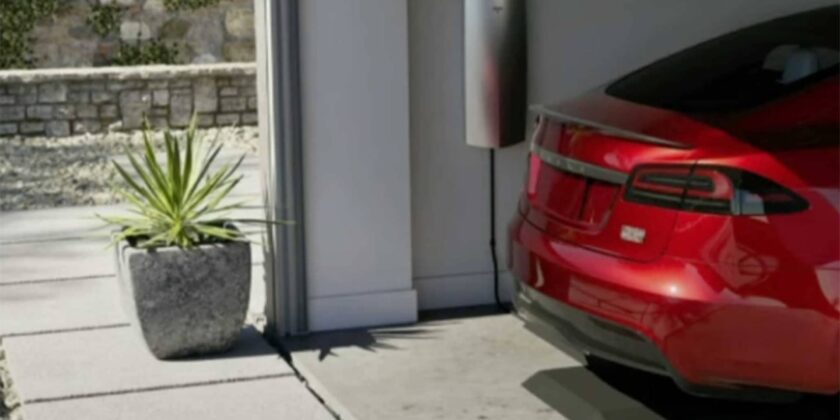If we’ve said it once, we’ve said it a million times: For EV adoption to succeed, the charging infrastructure needs vast improvement. The Tesla Supercharger network is by far the best EV charging solution right now when comparing reliability, quantity, and ease of use to other networks. Granted, the Supercharger network was exclusive to Tesla vehicles for most of its life, but that its slowly starting to change with Superchargers using Magic Dock adapters so that non-Tesla vehicles can access them. Some automakers have even entered agreements with Tesla to use NACS charging ports on their vehicles starting in 2025.
The fact is, Tesla is kind of killing it right now in the EV charging game, but it looks like the automaker isn’t going to rest on its laurels. A Tesla news site in Germany (via Carscoops) is reporting that Tesla has just acquired German wireless charging tech firm Wiferion for $76 million. Generally speaking, one or both parties in an acquisition this size would release a statement about the purchase, but in this instance both companies are staying relatively quiet. The only outward indicator is a short line at the bottom of Wiferion’s website that reads “Tesla Engineering Germany GmbH.” The $76 million acquisition price was not disclosed directly, but matches up with a figure listed under “Business Combinations” in the latest Tesla earnings report.
Could Tesla’s acquisition of Wiferion mean that wireless charging is coming to the Tesla Supercharger network? Possibly, but there might be other implications. For starters, wireless charging for EVs is still in the early stages and can’t exceed level 2 charging speeds yet, so at the moment they wouldn’t be an improvement on the wired superchargers. Secondly, Tesla hasn’t even rolled out the Magic Dock to all of its chargers yet, so it will be quite some time before it could even begin to install wireless charging pads.
We suspect that Tesla’s focus for Wiferion is to revamp its home charging units. This is something Tesla already teased back in March during its investor’s day presentation when the automaker displayed an image showing a Tesla parked over a wireless charging pad inside of a garage. Currently, the max power of a wired Tesla wall charger at 240 volts is 11.5 kW. Some wireless EV chargers can go up to 20 kW. There is real potential for Tesla to develop a more powerful and more convenient at home charging solution through Wiferion.
As previously mentioned, both companies are staying fairly quiet on the acquisition, so we don’t have any official details yet about Tesla’s plans for the company. We expect Elon Musk will share more at next year’s Tesla Investor Day, if not sooner.
Source: Read Full Article

